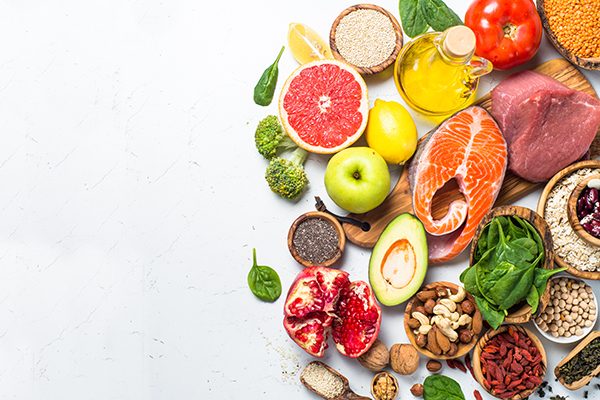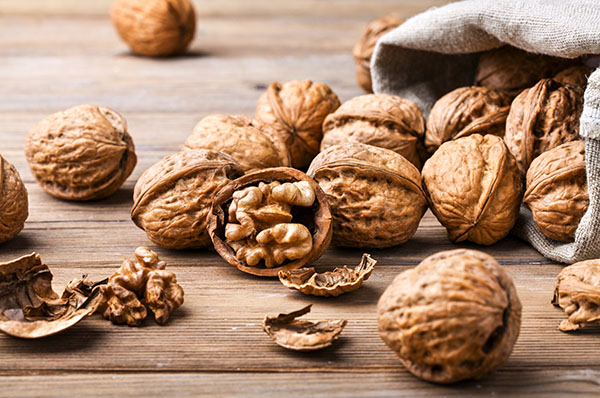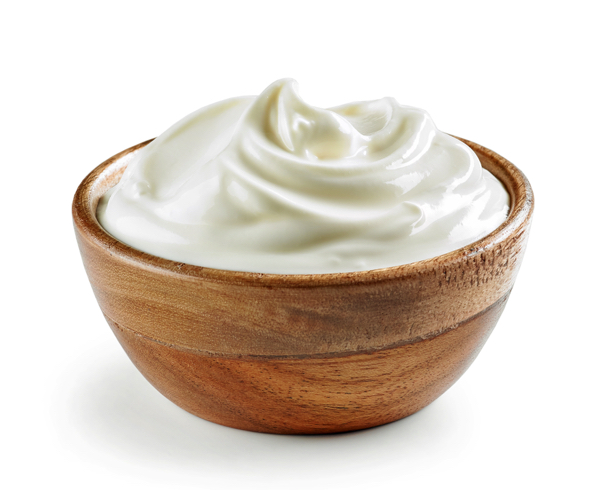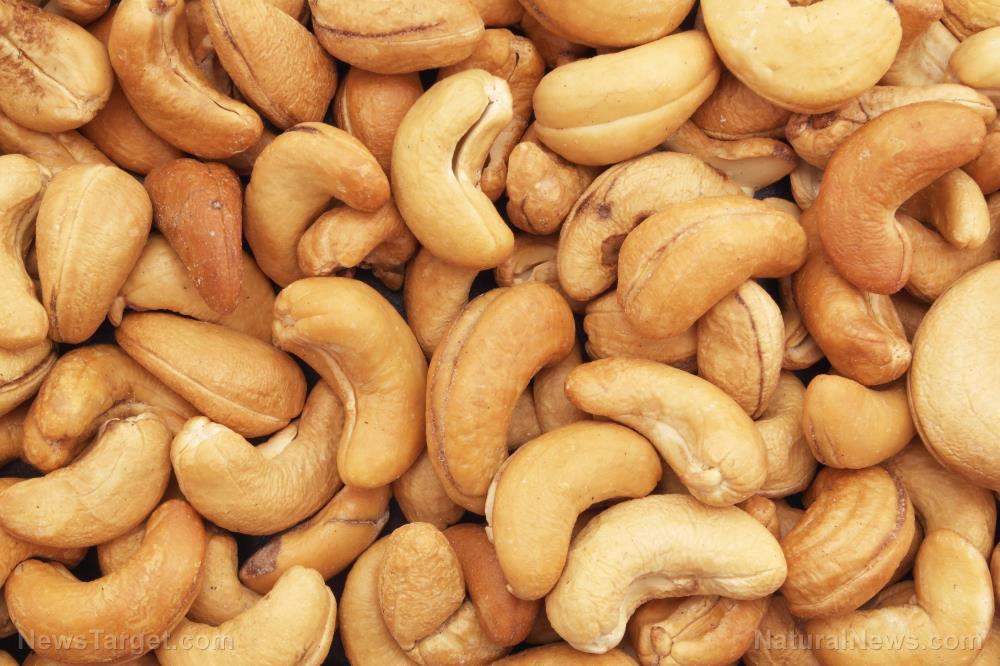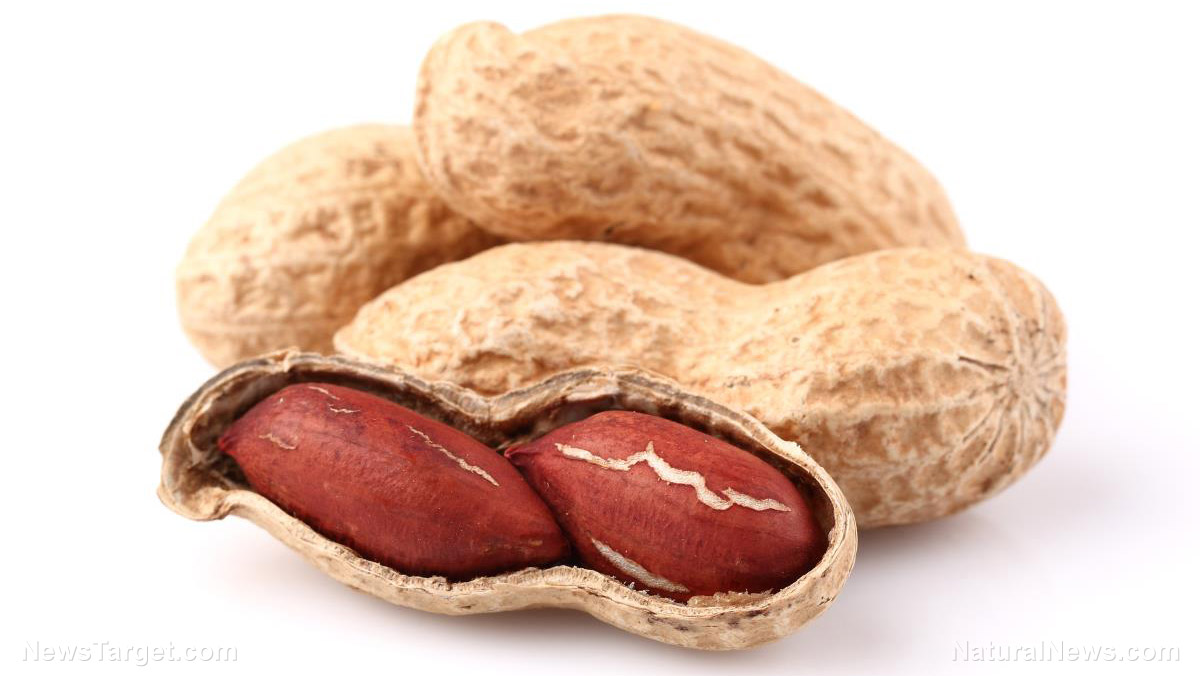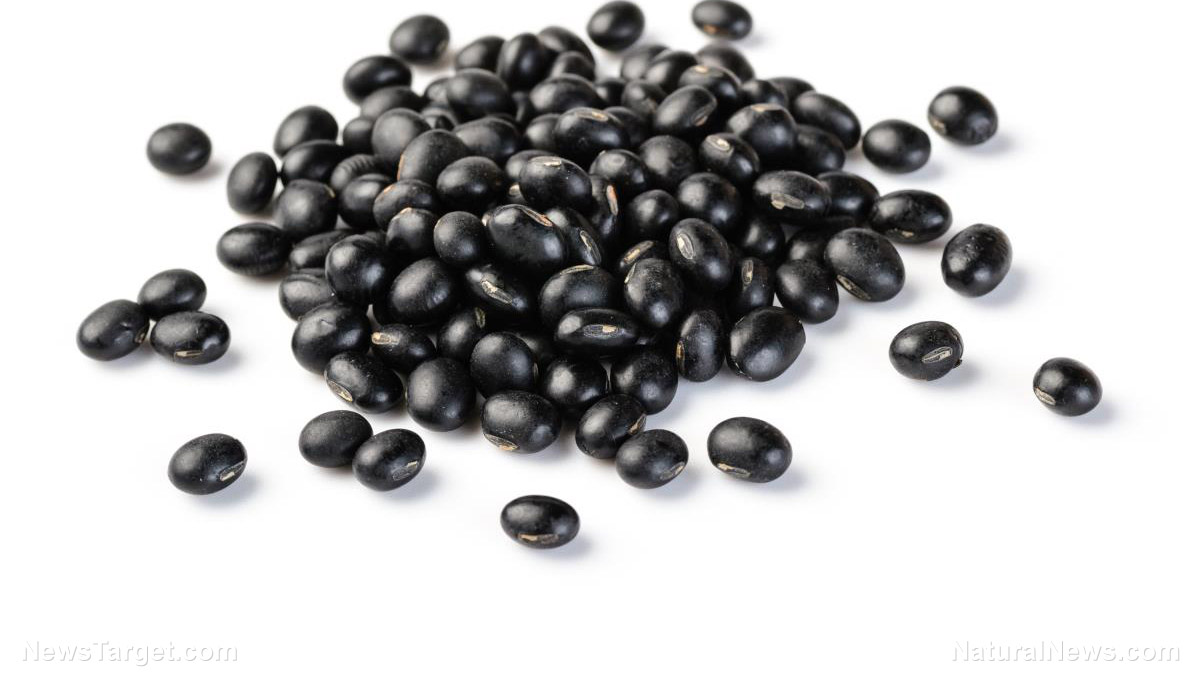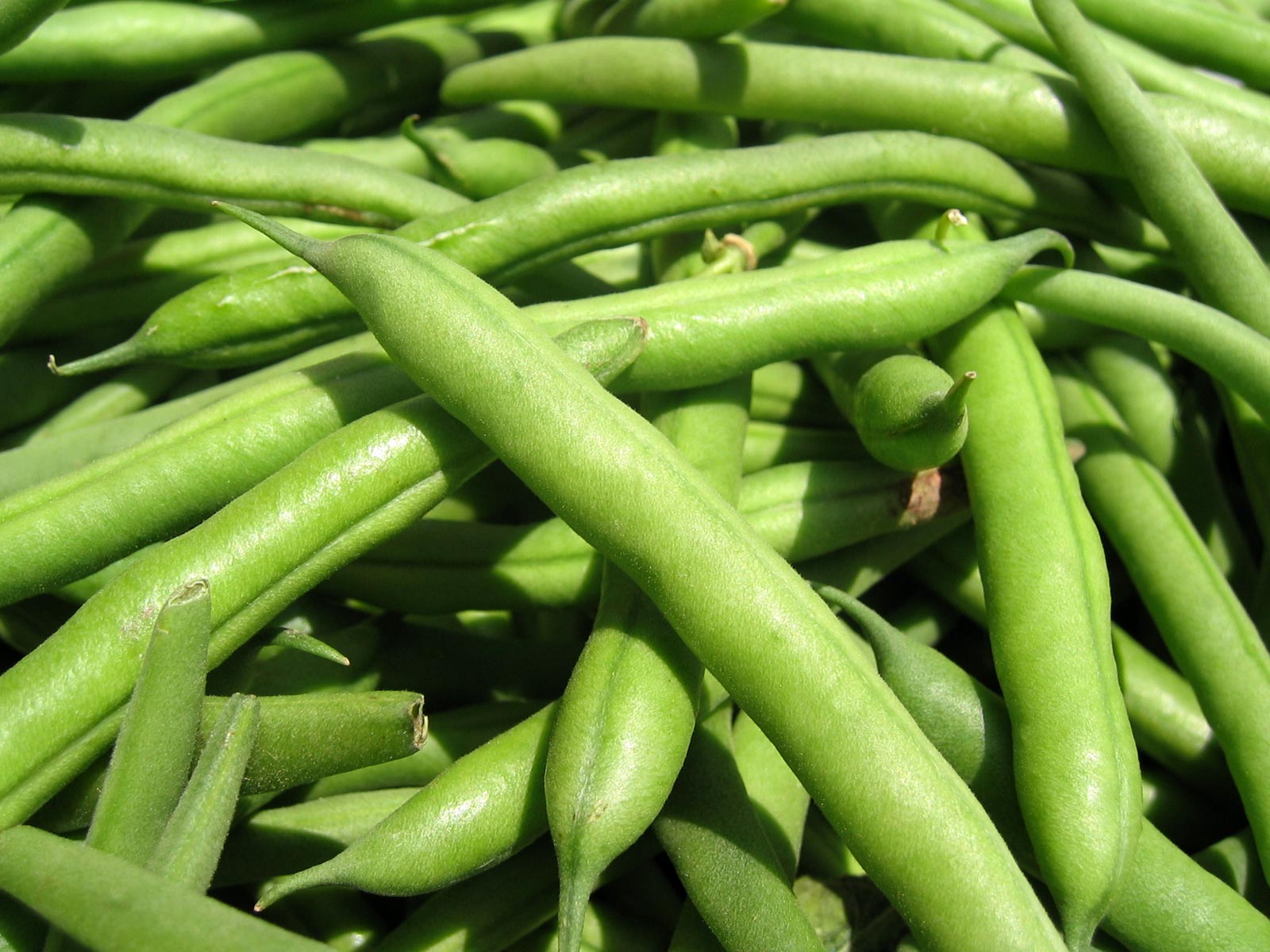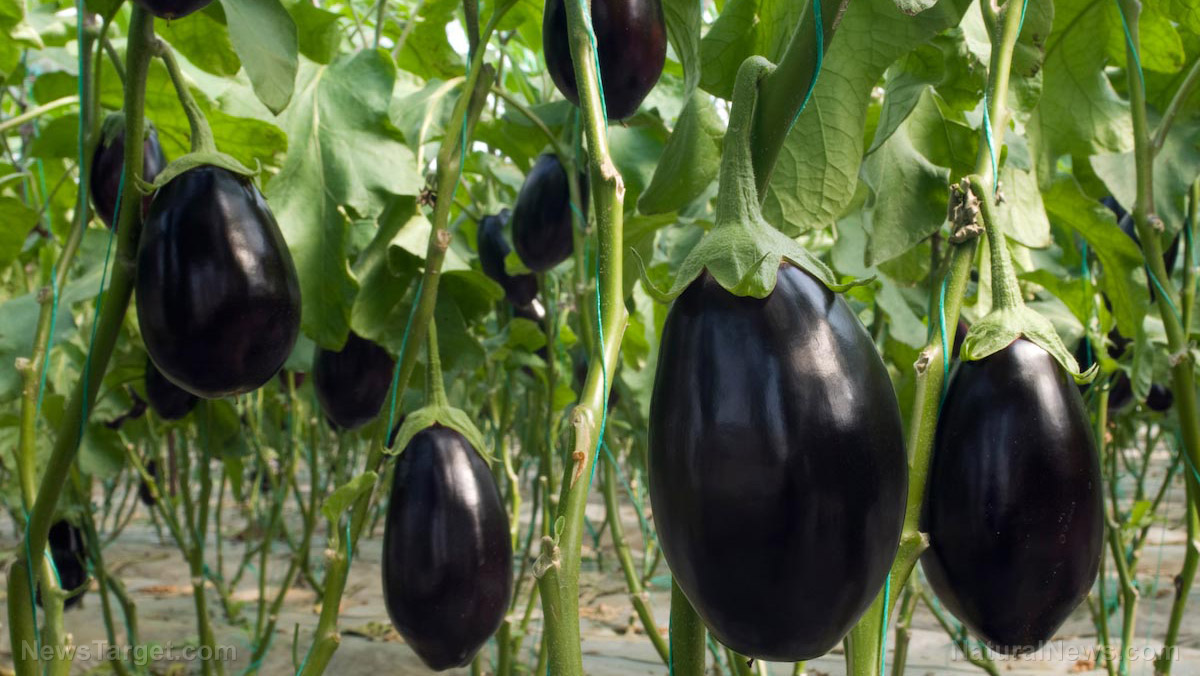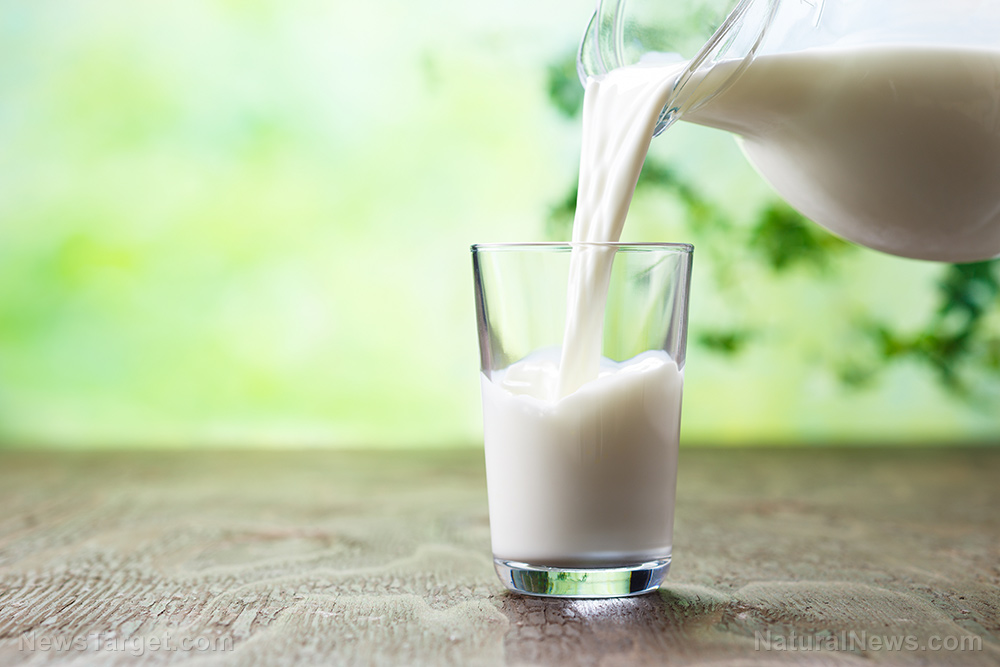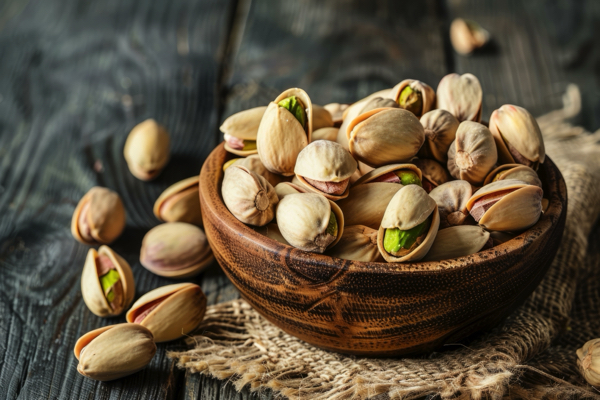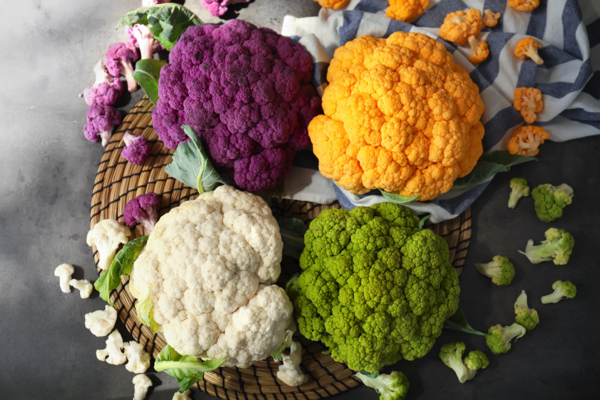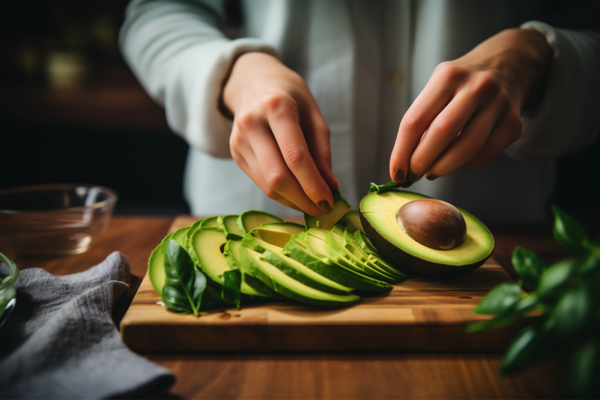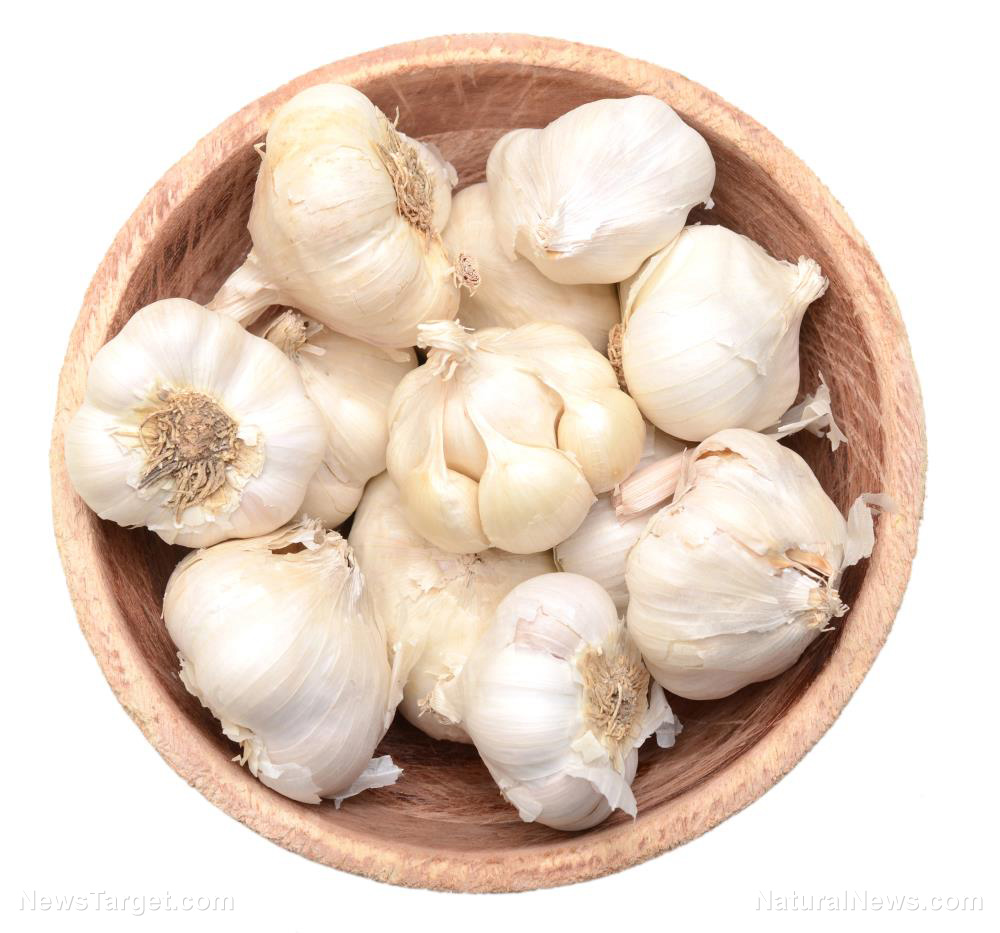Get to know sulforaphane, the compound behind many of broccoli sprouts’ benefits
08/19/2025 / By Evangelyn Rodriguez

- Broccoli sprouts contain 10–100x more glucoraphanin (a precursor to sulforaphane) than mature broccoli and can be eaten raw, preserving their nutritional potency.
- Sulforaphane supports detoxification, cancer prevention, brain health (via neurotrophic factors), DNA protection and anxiety reduction by combating oxidative stress and inflammation.
- Sulforaphane can cross the blood-brain barrier, potentially slowing cognitive decline and offering defense against neurodegenerative diseases like Alzheimer’s and Parkinson’s.
- Growing broccoli sprouts at home is cost-effective; they can be added to smoothies, salads and eggs, or frozen for easy use.
- With no established upper limit, regular consumption is encouraged as part of a longevity-focused, anti-inflammatory diet.
For decades, broccoli has been hailed as a nutritional powerhouse, prized for its anti-inflammatory properties and cancer-fighting potential. But now, researchers and health experts are turning their attention to its lesser-known younger version: broccoli sprouts. These young, germinated seeds — harvested just days after sprouting — are a great source of sulforaphane, a compound linked to detoxification, brain health, DNA protection and disease prevention.
According to a study published in the journal PNAS, 3-day-old broccoli sprouts contain 10-100 times more glucoraphanin, a precursor to sulforaphane, than mature broccoli. And unlike their mature counterpart, which requires cooking to optimize sulforaphane absorption, broccoli sprouts can be eaten raw, thus preserving their nutrient content.
With neurological disorders on the rise and consumers increasingly seeking functional foods, broccoli sprouts are emerging as a simple yet potent dietary addition — one that science says could help combat oxidative stress, anxiety and chronic disease.
The science behind sulforaphane’s multifaceted benefits
At the heart of broccoli sprouts’ superfood status is sulforaphane, a sulfur-rich compound that has been the subject of hundreds of peer-reviewed studies. A review published in Phytomedicine reported that sulforaphane activates detoxification enzymes in the body, helping neutralize carcinogens and other harmful toxins. This mechanism is particularly relevant in cancer prevention. Studies suggest that regular consumption of sulforaphane-rich sources like broccoli sprouts helps reduce the risk of certain cancers by enhancing the body’s ability to eliminate environmental pollutants and harmful metabolic byproducts.
Sulforaphane’s benefits extend far beyond detoxification. Neuroscientists have found that sulforaphane also crosses the blood-brain barrier and stimulates the production of neurotrophic factors — proteins essential for neuronal growth, repair and plasticity. This finding is significant in an era where neurological disorders like Alzheimer’s and Parkinson’s disease are projected to double by 2050. By reducing oxidative stress — a key driver of neurodegeneration — sulforaphane can help protect against cognitive decline and improve mental resilience.
Oxidative stress is like rusting from the inside. Sulforaphane acts as a molecular “fire extinguisher,” quenching free radicals before they can damage cells. The compound’s potential doesn’t stop there: emerging research suggests sulforaphane may also modulate inflammation, a root cause of chronic conditions ranging from heart disease to depression. (Related: Sunlight-Activated Superfoods: How Turmeric, Berries, and Broccoli Sprouts Become ‘Medicine’ Under UV Light.)
DNA protection and anxiety relief
Beyond its brain-boosting effects, sulforaphane-rich broccoli sprouts offer two often-overlooked advantages: DNA protection and anxiety reduction.
Oxidative stress doesn’t just harm neurons — it fragments DNA, leading to mutations associated with cancer, coronary heart disease and accelerated aging. A 2020 study in Mutation Research/Genetic Toxicology and Environmental Mutagenesis reported that sulforaphane enhances cellular repair mechanisms, helping prevent DNA damage before it triggers disease. Thanks to sulforaphane’s protective benefits, researchers are convinced broccoli sprouts can be a potent dietary strategy for promoting longevity.
Broccoli sprouts’ high chlorophyll content — the pigment that gives plants their green hue — may also contribute to mood regulation. Chlorophyll is rich in magnesium, a mineral known to calm the nervous system, and preliminary studies suggest it also reduces inflammation linked to anxiety. While more clinical trials are needed, anecdotal reports from nutritionists indicate that individuals who consume chlorophyll-rich foods like broccoli sprouts experience lower stress levels over time.
How to maximize broccoli sprouts’ benefits
Given their potency, broccoli sprouts are surprisingly easy to incorporate into meals. While some health food stores and specialty grocers stock broccoli sprouts, their short shelf life (typically three to five days) and higher cost compared to other sprouts mean they’re not yet mainstream. However, growing broccoli sprouts at home is a cost-effective alternative: a $10 sprout kit can yield multiple batches in under a week.
If you’re new to broccoli sprouts, experts recommend starting with small, frequent servings (try one to two ounces daily) to allow your body to adapt. Here’s how to make broccoli sprouts a dietary staple:
- Smoothies and juices: Blend a handful of broccoli sprouts into green smoothies with spinach, banana and almond milk. The mild, slightly peppery taste pairs well with citrus.
- Salads and bowls: Toss broccoli sprouts into grain bowls or avocado salads, or use as a garnish for soups. Their crunch adds texture, while their nutrients amplify any meal’s health quotient.
- Egg dishes: Fold sprouts into omelets or sprinkle over scrambled eggs for a sulforaphane-rich breakfast.
- Frozen “sprout cubes”: Puree sprouts with water then pour into ice cube trays and freeze. Drop a cube into smoothies or sauces for an instant nutrient boost.
As research on sulforaphane expands, broccoli sprouts are poised to join the ranks of turmeric, blueberries and fermented foods as a must-have functional food. With no established upper limit for consumption — meaning more is generally better—experts encourage making broccoli sprouts a regular part of a preventive health strategy.
Watch this video to learn why broccoli sprouts are a potent superfood that can boost wellness.
This video is from the SeedsforSprouting.com channel on Brighteon.com.
More related stories:
Super sprouts: Creative ways to incorporate sprouts into your meals.
Broccoli: The powerhouse vegetable for nutrition and wellness.
Sources include:
Submit a correction >>
Tagged Under:
alternative medicine, broccoli sprouts, food cures, food is medicine, food science, functional food, health science, natural cures, natural health, natural medicine, naturopathy, organics, phytonutrients, prevention, remedies, sulforaphane, veggie
This article may contain statements that reflect the opinion of the author
RECENT NEWS & ARTICLES
COPYRIGHT © 2017 TOP 10 GROCERY SECRETS

